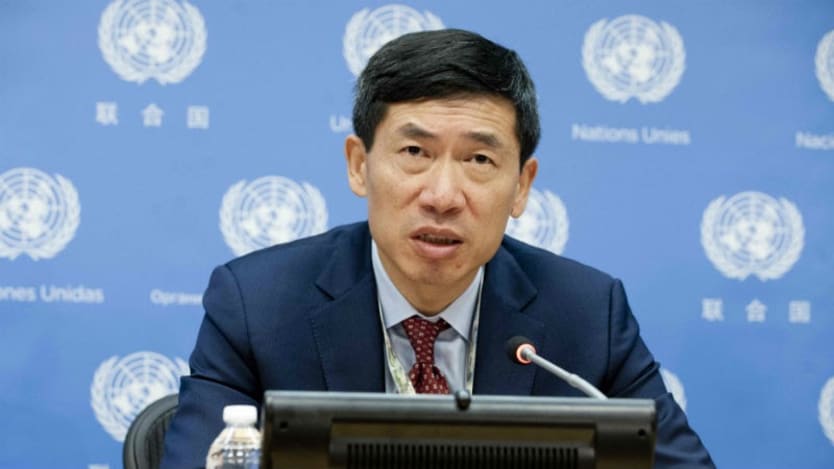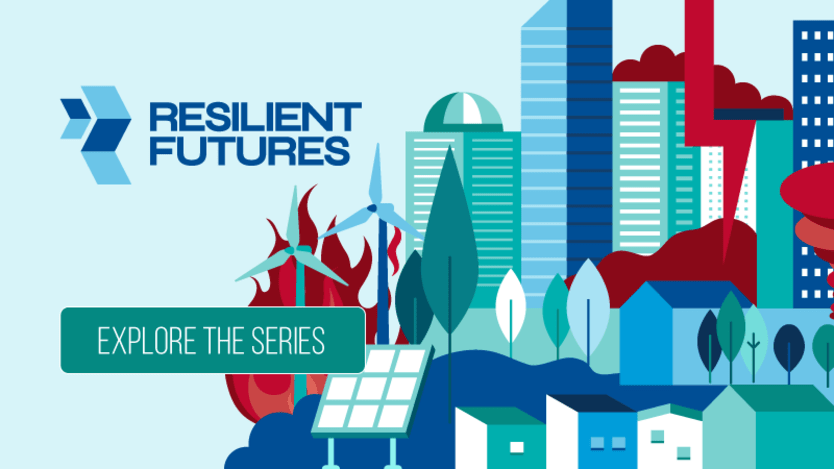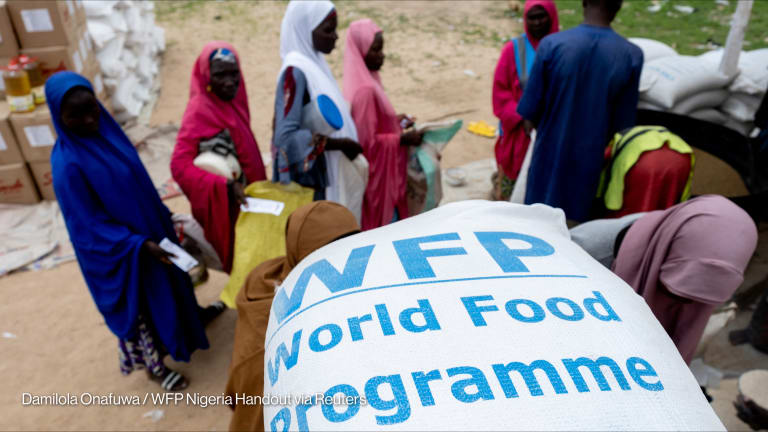UNDP fielding 'complex asks' from cities on environment, policy director says

UNITED NATIONS — The United Nations Development Programme is increasingly fielding questions from city governments on how to solve large-scale environmental challenges, according to Haoliang Xu, U.N. assistant secretary-general and director of UNDP's Bureau for Policy and Programme Support.
“City governments are coming to us with complex asks that cannot be addressed by one single sector or one single agency.”
— Haoliang Xu, director of the Bureau for Policy and Programme Support, UNDPBroader partnerships and cross-sector collaboration are key in answering some of these big questions, Xu told Devex during a recent sit-down interview in his New York office.
“City governments are coming to us with complex asks that cannot be addressed by one single sector or one single agency. We have had city governments ask us, ‘OK, can you help us to come up with a strategy on climate change?’ That question involves everything, because it goes from technology to governance to finance,” Xu said.
Some city governments have recently approached UNDP for help on how to deal with solid waste management, explaining that their landfills became full 20 years earlier than they had planned for, Xu said. There are other cities that want to respond to worsening traffic congestion, but their systems are “not designed for responding to the kind of rapid urbanization we're talking about,” Xu said.
For example, UNDP is advising on how to handle climate change risks in Monrovia, Liberia, and in smaller cities in Afghanistan and Cambodia. Waste management is a central part of its work in Sierra Leone and Ethiopia.
“This is not a single, simple issue like that that can be resolved within a year or two. These are issues accumulated over a long period of time because of systems and highly carbonized and wasteful economic patterns,” Xu said.
Rapid urbanization will be a key issue at the upcoming World Urban Forum in Abu Dhabi, United Arab Emirates, which runs from Feb. 8-13. The global urban population is expected to rise from the present rate of 55% to 68% by 2050, posing housing, energy, health, and transportation challenges for quickly growing cities in low- and middle-income countries.
Coastal cities are considered especially vulnerable to the worsening impacts of climate change, and by midcentury, over 570 low-lying coastal cities will face projected sea level rise of at least 0.5 meters, or 1.6 feet, placing 800 million people at risk, according to the network C40 Cities.
In the lead-up to the World Urban Forum, some civil society, corporate, and philanthropic organizations are responding to the increasing need for urbanization solutions. Last week, former executives of The Rockefeller Foundation’s defunct 100 Resilient Cities program launched a new nonprofit called Resilient Cities Catalyst. The organization, backed with funding from the Conrad N. Hilton Foundation and Facebook, aims to help cities build partnerships in urban resilience.
“Cities represent our greatest opportunity for impact, while also posing the greatest risks to future shocks and stresses,” said Michael Berkowitz, founding principal of RCC and former president of 100 Resilient Cities, in a media statement.
UNDP is placing greater emphasis on working with city governments from an early planning stage and ensuring that all stakeholders, including young people, are involved in the conversations, according to Xu. The agency is also collaborating with other U.N. agencies, including UN-Habitat and the United Nations Environment Programme, to help tackle some of the big questions that governments are facing.
One major challenge is the speed of available solutions, such as new city-level climate finance instruments, that could ease high adaptation and prevention costs.
“Somehow, the tide is not turning or not turning fast enough. That's the challenge with urbanization. What we’ve found is that nothing can be addressed with one intervention and we need to look at this complex issue beyond income. It's very clear that meeting minimum requirements of income doesn't necessarily signal overall well-being,” Xu said.
“I hope that the World Urban Forum can take stock of all these solutions that are there and look at how we can work together,” he said.
Visit the resilientfutures.devex.com series for more coverage on the practical ways cities can build resilience and reduce disaster impact. You can join the conversation using the hashtag #ResilientCities.

Search for articles
Most Read
- 1
- 2
- 3
- 4
- 5








